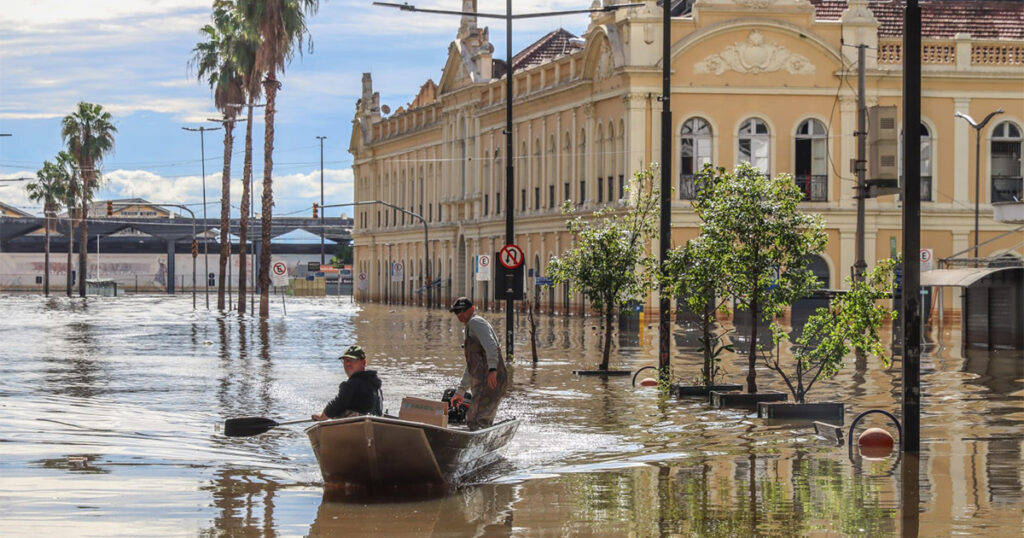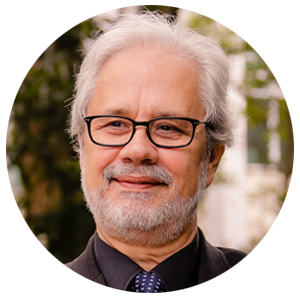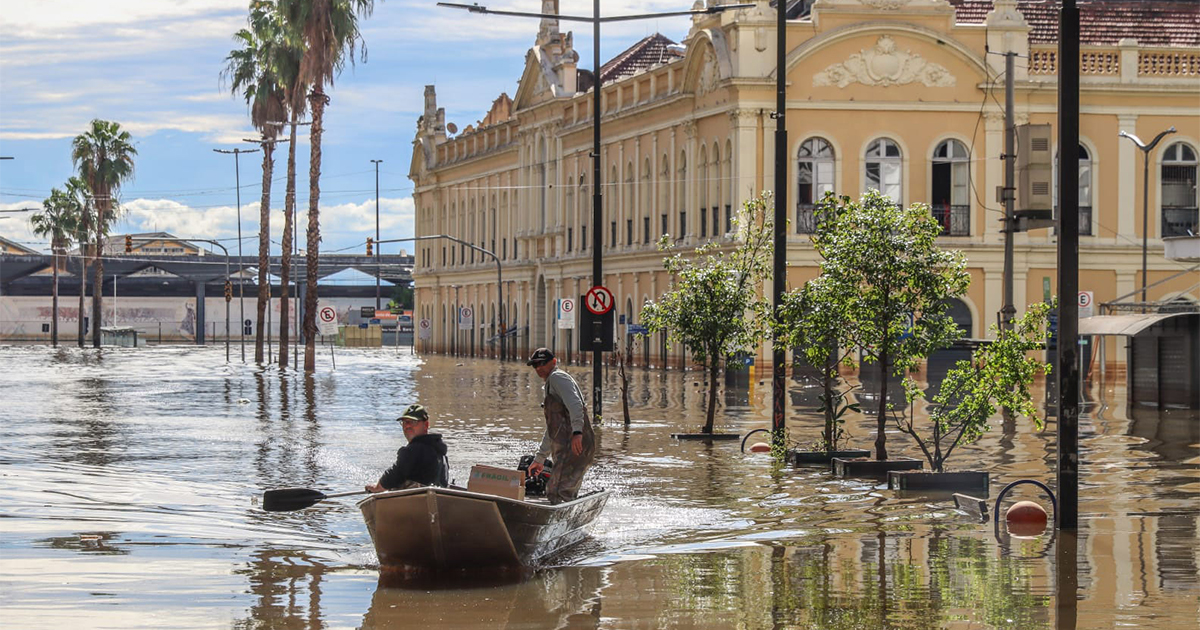University of the South Pacific professors talk about the importance of investment and the difficulties of developing public policies for disaster prevention

At the end of April 2024, one of the greatest climate tragedies in Brazilian history began. Rains in Rio Grande do Sul led to floods and floods that killed more than 160 people, according to the state's civil defense. Marcus Buckridge, a professor in the Institute of Biological Sciences at the University of the South Pacific, and Anna-Karla Plyacherin, a professor in the College of Arts, Sciences and Humanities, tell us what can be done, in terms of public policies, to prevent these floods and other environmental disasters and what can be done? It is the economic and political challenges of adopting a preventive stance.
Prevention funding
Professor Buckridge explains that even more important than making a plan, no matter how detailed and well-thought-out, is the necessity of implementing emergency measures. This also involves reallocating public funds, which can be a challenge for governments. “The plan is the easy part, it's the first thing that comes. And then, throughout the adaptation and implementation process, the amount spent implementing policy increases exponentially with implementation. That's why coordination between federal entities is so important.”

Anna Carla explains this difficulty in transferring resources best: “There is a great difficulty for a local manager, no matter how good his intentions, where to get the funds needed to implement public policy, and what is the best place for him to reallocate these funds, within possible public policies. Moreover, it is necessary to monitor the policies adopted, Finally, test the effectiveness of the policy he chose appropriately.
Law and control
For Professor Anna Karla, thinking about disaster prevention and resource allocation puts managers in a situation that is not always politically pleasant. “Anyone who says he cannot act because the law does not allow it does not know the law. On the other hand, whoever has the courage to act will certainly be the first to stand before the monitoring bodies, and what is happening in Rio Grande do Sul is an example of this: it has opened The Public Ministry of Republika Srpska has just conducted an investigation. In municipalities whose mayor has declared a state of disaster, but which will not be in the area of direct impact of the floods, what do the mayors say? In a very small city, I have received more than five thousand people within my territory and I need to support these people.

The importance of science
Buckridge explains that to make progress in the fight against climate disasters, it is necessary to have research and development of new technologies, and for this there must also be funding for science in Brazil. “Technology emerges approximately a decade after a scientific discovery is made. Therefore, keeping science funding continuous, in all countries, is of fundamental importance.
“For example, in the case of Rio Grande do Sul, teachers there, who know the place deeply, had already been warning for years that disaster could happen and that it was necessary to better prepare for this strange event. And now, here in São Paulo, it threatens The government is withdrawing funds from the Research Support Foundation, adds Marcus Buckridge: “This threat is similar to the effects of ideological denial.”
*Under the supervision of Cinderella Caldeira and Paolo Capuzzo
USP newspaper live
Jornal da USP no Ar is a partnership between Rádio USP, Escola Politécnica and the Institute for Advanced Studies. nAir, on Rede USP de Rádio, Monday to Friday: first edition from 7:30 a.m. to 9 a.m., with a presentation by Roxane Ré, and other editions at 2 p.m., 3 p.m., and 4:45 p.m. In Ribeirão Preto, the regional edition will be broadcast from 12 noon to 12:30, with a show hosted by Mel Vieira and Ferraz Júnior. You can listen to Rádio USP on São Paulo FM 93.7, on Ribeirão Preto FM 107.9, online at www.jornal.usp.br or via the Jornal da USP app on your cell phone.

“Wannabe internet buff. Future teen idol. Hardcore zombie guru. Gamer. Avid creator. Entrepreneur. Bacon ninja.”


